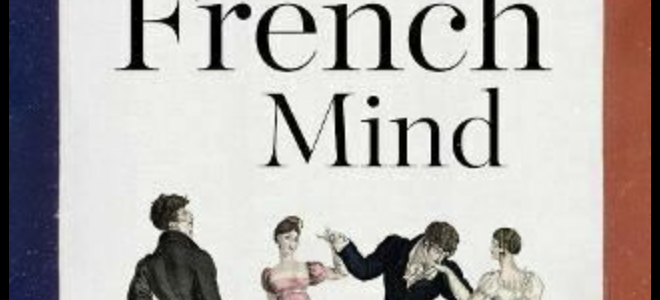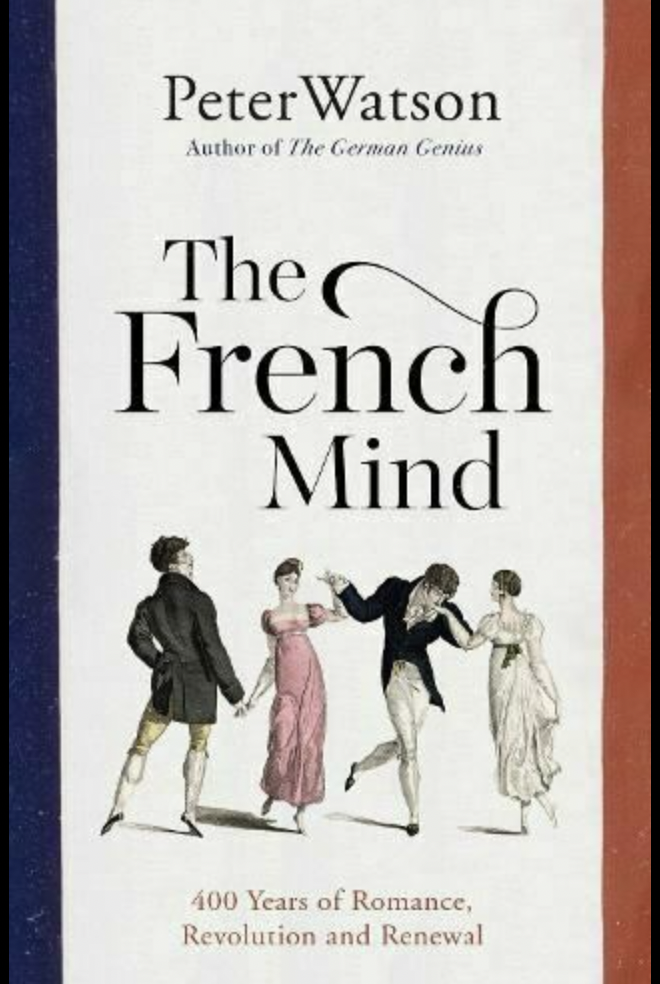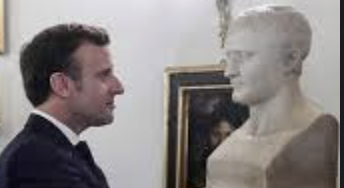
Why are we fascinated by the French?


We are fascinated by the French, their way of life, their creativity, sophistication and self-assurance, and even their insistence that they are exceptional.
British Journalist and historian Peter Watson, says France is the nation’s long tradition of the Renaissance salons that were breeding ground for poets, writers, philosophers, scientists, and artists in the drawing-room of intelligent Paris. Watson tells the forgotten stories of the extraordinary succession of women who ran these institutions, fostering a culture of stylish intellectualism unique to France, unmatched anywhere else in the world. The story takes us into Bohemian cafes, and cabarets, and into chic Parisian high culture via French philosophies of food, fashion, and sex, while growing unrest hastens the bloody birth of a republic. The la grande nation eats better, has better weather, better trains, and varied landscapes, and has much superior sex than we do.
Watson’s book glides across three centuries from the 1660s to the 1960s, in search of elusive things, the mind of a nation, from the 1789 revolution to the country’s occupation by Nazi Germany, as the French mind heaves with literary and philosophical research.
According to Watson the salon “comprised an informal but nonetheless durable, crucial and exceptional institution in European social intellectual life, and at the same time help account for much that is definitive and characteristic of the Gallic mind.
Watson continues “What makes the French the French in all their glory, glamour, and grandeur.
Last year, the French President Emmanuel Macron, who fully embraced the emperor Napolean’s vast legacy in building most of the modern French state’s institutions, from the penal and civil codes to appellate court and high schools, decided to commemorate bicentenary of the death of Napoleon – a date has gone uncelebrated by every French president since Georges Pompidou half a century ago, to get nationalist vote. Macron also recognized that Napoleon’s restoration of slavery in French colonies in 1802 was a “treason” that the Second Repubic “rectified”. Marcon has taken some broad approach to confronting France’s colonial past in Algeria, its role in the Rwandan genocide and in refusing to tear down statues of historical figures who were also racist or slave-traders.decided to commemorate the bicentenary of the death of Napoleon – a date that has gone uncelebrated by every French president since Georges Pompidou half a century ago, to get the nationalist votes. Macron marked the occasion with a speech in which he praised Napoleon’s “fight against ignorance” and his “love of knowledge and history” but passed over his fight for territory and its associated death toll of at least 4.2 million.
This is a history of breathtaking ambition, propelled by the characters Watson brings vivid life, the writers, revolutionaries, and painter who loved inspired, and rivaled one another over four hundred years.
Watson avoids caricature imprecision and generalisation is no longer simply a problem of bad writing. The French glossy advert for the past can be instrumentalised by politicians for their campaigns, or weaponised by dictators for their wars.
In the run-up to the current French election, my millennial Parisian kids have lamented what they see as the oversimplification of the “political discourse” – how candidates have dumbed down their programmes, reducing them to simple slogans that can be repeated as Infinitum to gain influence on social media. Coverage in print k, on TV, and online had adjusted to this new landscape by favouring shorter formats and journalists with less contentious and unique interviewing styles.
The French Mind: 400 Years of Romance, Revolution, and Renewal by Peter Watson, Simon & Schuster £30, 848 pages.
